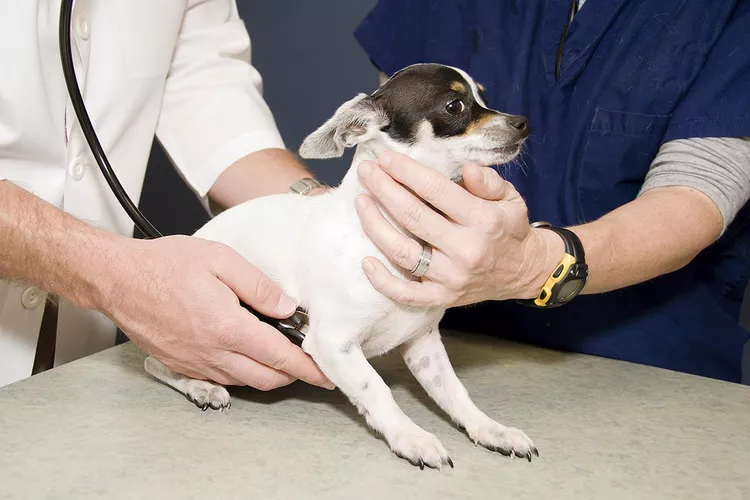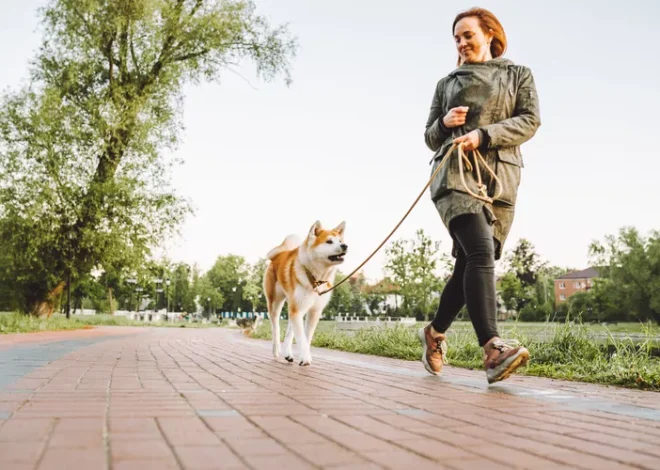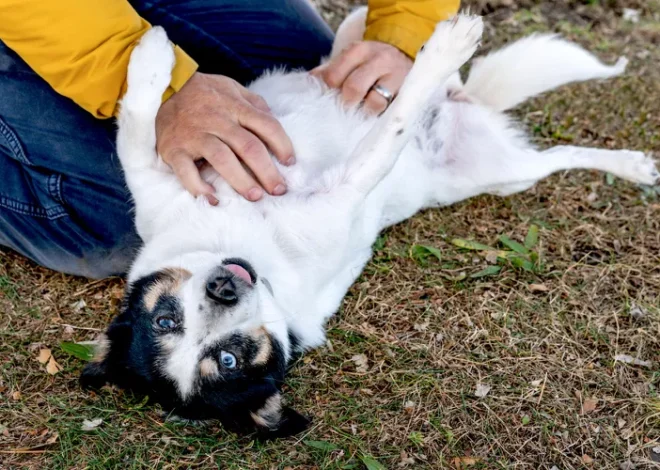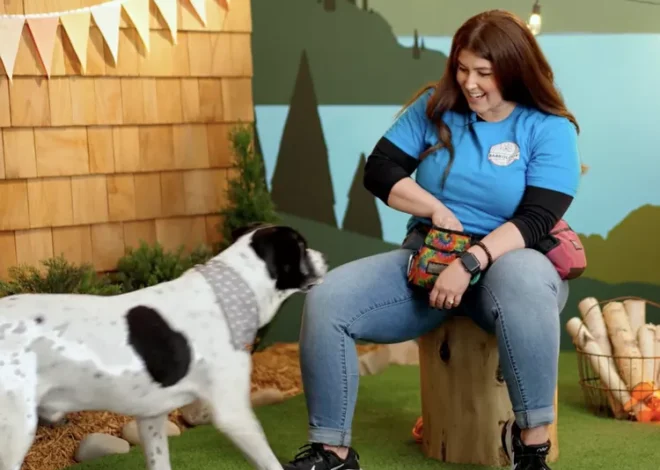
How to Help Your Dog Overcome Veterinary Visit Anxiety

Dogs are incredibly perceptive creatures, and for many, a trip to the veterinarian can trigger significant stress and fear. Understanding the root causes of this anxiety and implementing strategic techniques can transform these potentially traumatic experiences into manageable, even positive interactions.
Understanding Canine Veterinary Anxiety
Veterinary visits can be overwhelming for dogs due to several key factors:
- Unfamiliar Environment: The veterinary clinic presents a sensory overload with strange smells, sounds, and the presence of other animals.
- Physical Handling: Dogs are not accustomed to being restrained and examined by strangers, which can cause significant discomfort.
- Previous Negative Experiences: Past medical procedures or vaccinations might have created lasting negative associations.
Practical Strategies to Reduce Veterinary Anxiety
1. Home Practice Examinations
Learn more about understanding canine body language
Familiarize your dog with medical handling by conducting gentle, positive practice exams at home:
- Regularly check ears, teeth, and paws
- Use gentle restraint techniques
- Offer abundant praise and treats during these mock examinations
- Keep sessions short and consistently positive
2. Social Veterinary Visits
Transform your dog’s perception of the veterinary clinic by:
- Arranging social visits with no medical procedures
- Allowing the staff to offer treats and gentle interactions
- Letting your dog explore the environment at its own pace
- Rewarding calm behavior with high-value treats
3. Anxiety Management Techniques
Discover effective dog training strategies
Several approaches can help manage veterinary visit anxiety:
- Consult your veterinarian about anti-anxiety medications
- Consider natural supplements and pheromone preparations
- Use gradual desensitization techniques
- Practice relaxation methods at home
4. Muzzle Training

For dogs with severe anxiety potentially leading to aggressive responses:
- Introduce muzzles gradually and positively at home
- Associate the muzzle with treats and praise
- Never rush the process or create additional stress
5. Alternative Veterinary Services
Explore modern dog training approaches
Innovative veterinary services can help:
- Seek mobile veterinarians who conduct home visits
- Look for Fear-Free Certified clinics
- Consider veterinarians specializing in low-stress animal care
Professional Support
If anxiety persists:
- Maintain open communication with your veterinarian
- Consider consulting a professional dog trainer or behaviorist
- Be patient and consistent in your approach
Read Also:
- Understanding Canine Behavior: What Your Dog’s Body Language Reveals
- Training Shelter Dogs: Building a Loving Bond
- Why Letting Your Dog Sniff is Crucial for Their Well-being
Disclaimer: Always consult with your veterinarian for personalized advice tailored to your dog’s specific health and behavioral needs.











